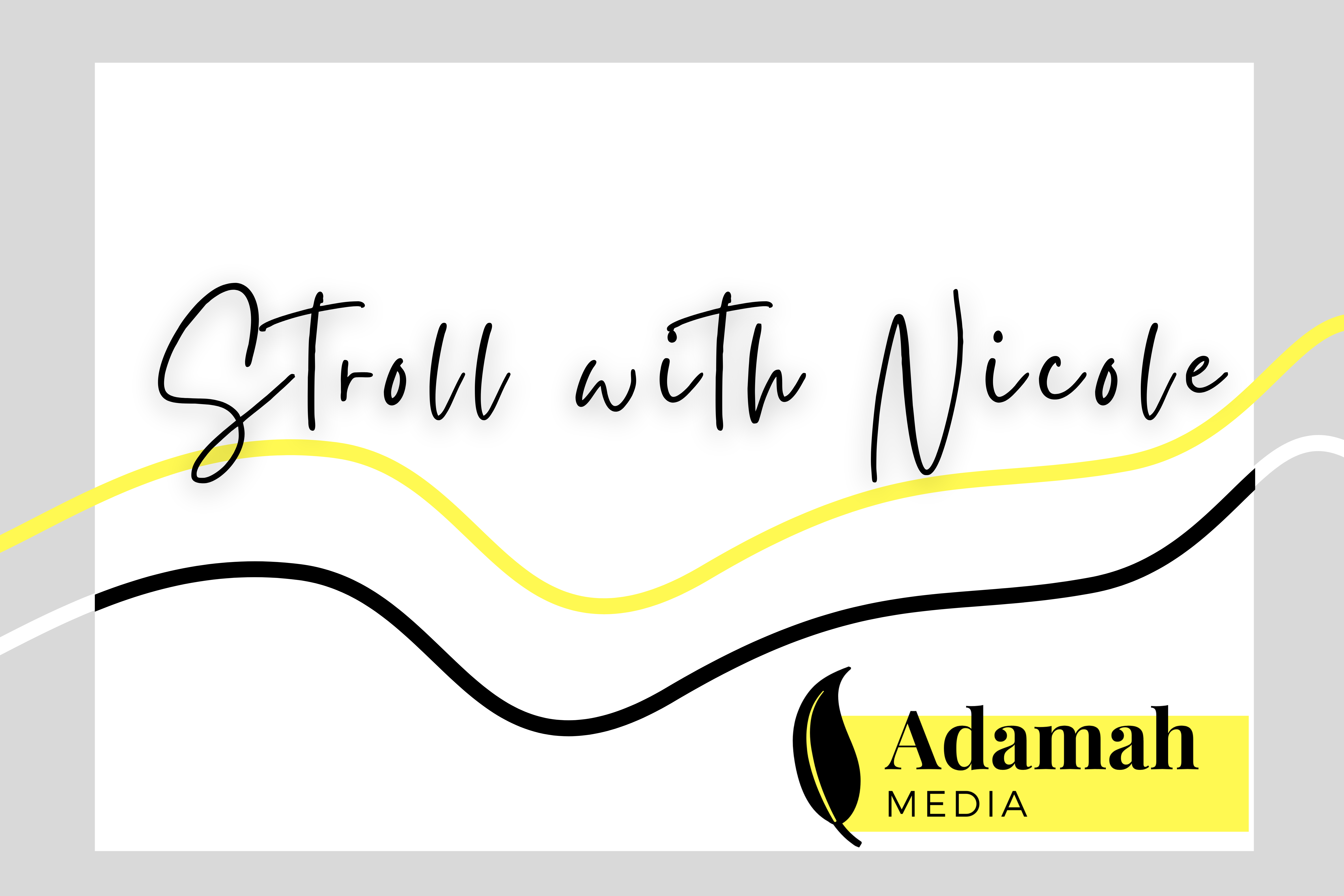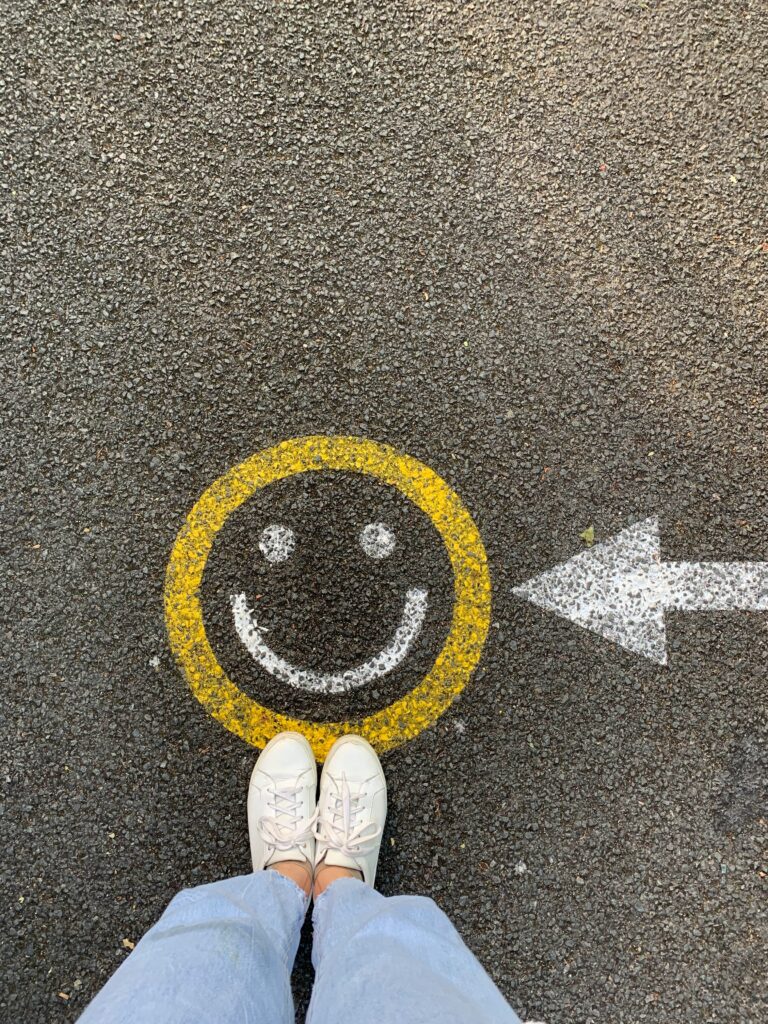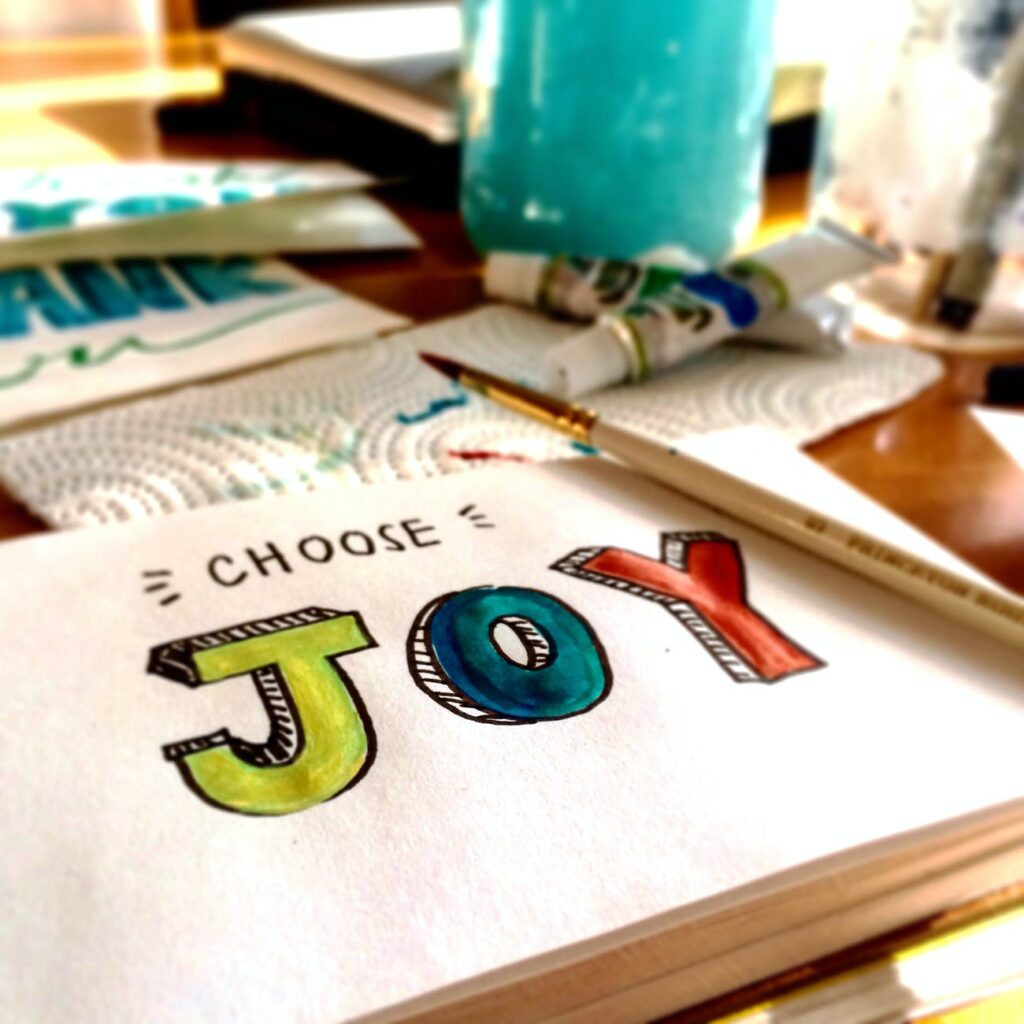
Stop trying to be happy if you want to find joy
Nicole Law discovers unlikely sources of true satisfaction.
Like many, I have been searching for the elusive key to happiness. I’ve tried to fill the void with clothes, cakes and even books from the self-help aisle (lockdown doesn’t include book shops where I come from!). I am familiar with the myriad of offerings on the market purporting to show the way to happiness. It seems so easy, a singular answer to the age old question “what is happiness?” condensed into a thin volume on the bestsellers’ list in my local bookstore.
So when I came across a book entitled The Book of Joy, I was understandably sceptical. Its cover bears a photo of the Dalai Lama and Archbishop Desmond Tutu face to face and I was intrigued. I wondered what these two spiritual leaders had to say about the subject. Their kinship might be explained both by their common humanity and by the many challenges each has faced. The book itself narrates their conversations as Archbishop Desmond travels to Tibet to visit the Dalai Lama and the first thing to strike me was … the primacy of relationship.
Our desire for relatedness – our capacity to form bonds with others – is the basis of our journey into discovering joy.

On the contrary, modern life revolves around the axes of individualism and the prioritisation of individual needs over those of others. Yet the issues of our time are collective – climate change and growing income inequality and exploitation – both a consequence of the values we idolise and give importance to.
Materialistic values are a feature of capitalist society and, over the decades, we have gradually morphed into cogs in the machine of a consumer economy. Everyday we are inundated with advertising that convinces us we would be just a little bit happier if we had a bigger house, better clothes or invested in an air fryer.
Yet, in our descent into hedonism, we still sense a deep emptiness that none of these tangible items can fill.
I reflected on my own experience with online shopping: there have been times when I have browsed catalogues aimlessly, proceeded to purchase an item, and still not felt much happier at the end of it. I think of the social media influencers of our day, who encourage us to consume and oil the economic machine and I wonder, are they truly happy?
The book spoke against this widespread focus on the self and our self-satisfying desires which see happiness as contingent on the presence of specific factors, tangible or otherwise. If I had a better job, if I had a better relationship, if I could change my circumstances – then, I would be happy.

Happiness seems to resemble a hypothetical ‘if…then…’ statement, rather than a state of being that transcends circumstance.
Slowly, I realised the paradox of joy. One can experience joy, in spite of struggle and pain. Joy is complex and subtle, encompassing feelings as varied as pleasure and gratitude, according to the famous emotions’ researcher Paul Ekman.
Realising that joy can exist even in the midst of human suffering was a eureka moment for me, for we tend to avoid pain and suffering rather than walk willingly into the fire. But joy possesses an enduring quality which renders it immune to the vagaries of our circumstances.
We can be wanting materially and yet experience joy; often it is not the richest people who have the biggest smiles, but those who have little in the way of material possessions.
The Dalai Lama notes: “When touched with the feeling of pain, the uninstructed, ordinary person sorrows, grieves and laments, beats his breast, becomes distraught. So he feels two pains, physical and mental. Just as if they were to shoot a man with an arrow and, right afterward, were to shoot him with another one, so that he feels the pain of two arrows.”
Here the Dalai Lama seems to be suggesting that joy involves embracing whatever circumstances we might find ourselves in, and not rebelling against them. I would suggest that joy also involves a certain self-forgetfulness. A shift in perspective from a narrow individual-focussed vision to a broader, more compassionate one may be a step in the right direction, allowing us to avoid the worry and suffering of the second arrow.
Perhaps then, joy is not the absence of conflict and strife, like the idealised Eden we might imagine, but rather a relentless quest and passion to move beyond the pain we feel, to glimpse its transcendental nature and meaning, also through compassion for others.
I reflected on my own pursuit of happiness and for all the times I have felt trapped within my personal problems. I now realise the danger of getting caught in the vortex of one’s own feelings.
I now recall that the times when I felt a lasting joy were not those when I satisfied my own selfish needs but when I did something kind towards another person: the excited text from a friend who received a book I mailed her for Christmas; an image of a small artwork I painted for a friend’s birthday; a hot croissant I ordered for a friend who had skipped lunch at work – these were the moments when I looked beyond my own needs and glimpsed the more pressing needs of others.
I realise it was these small moments that allowed the light to shine into the cracks and to fill me with a delicate warmth. Maybe I have taken one step closer to the answer to the question “what is happiness?” I’ve looked beyond the superficiality of ‘happy’ and the fleeting comforts that tempt me, to the slow burn of this curious thing called “joy”.

Like what you’ve read? Consider supporting the work of Adamah by making a donation and help us keep exploring life’s big (and not so big) issues!
